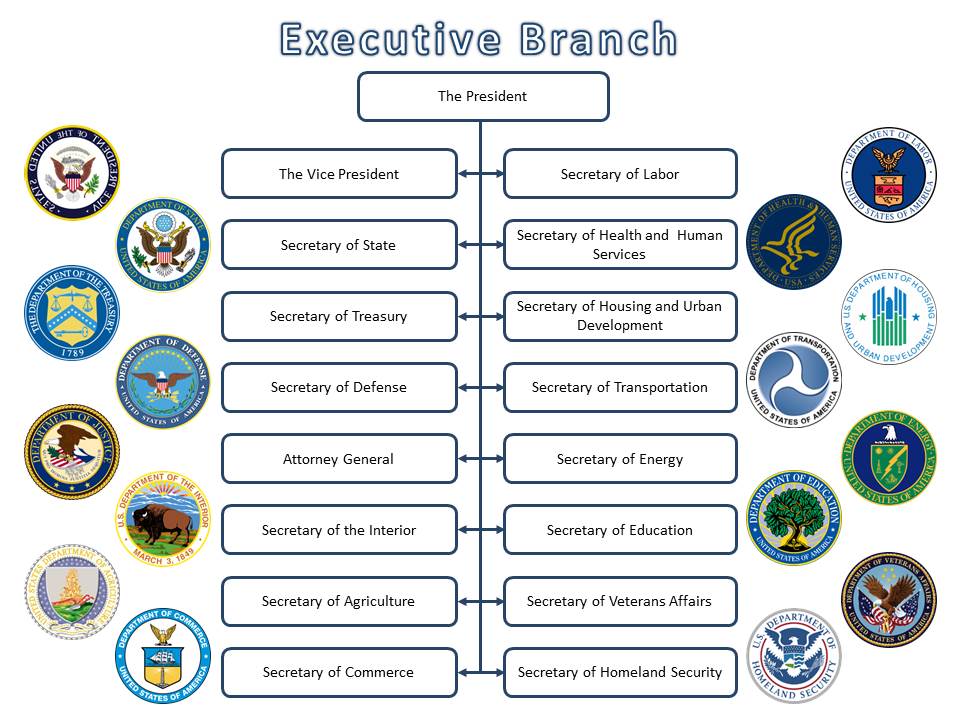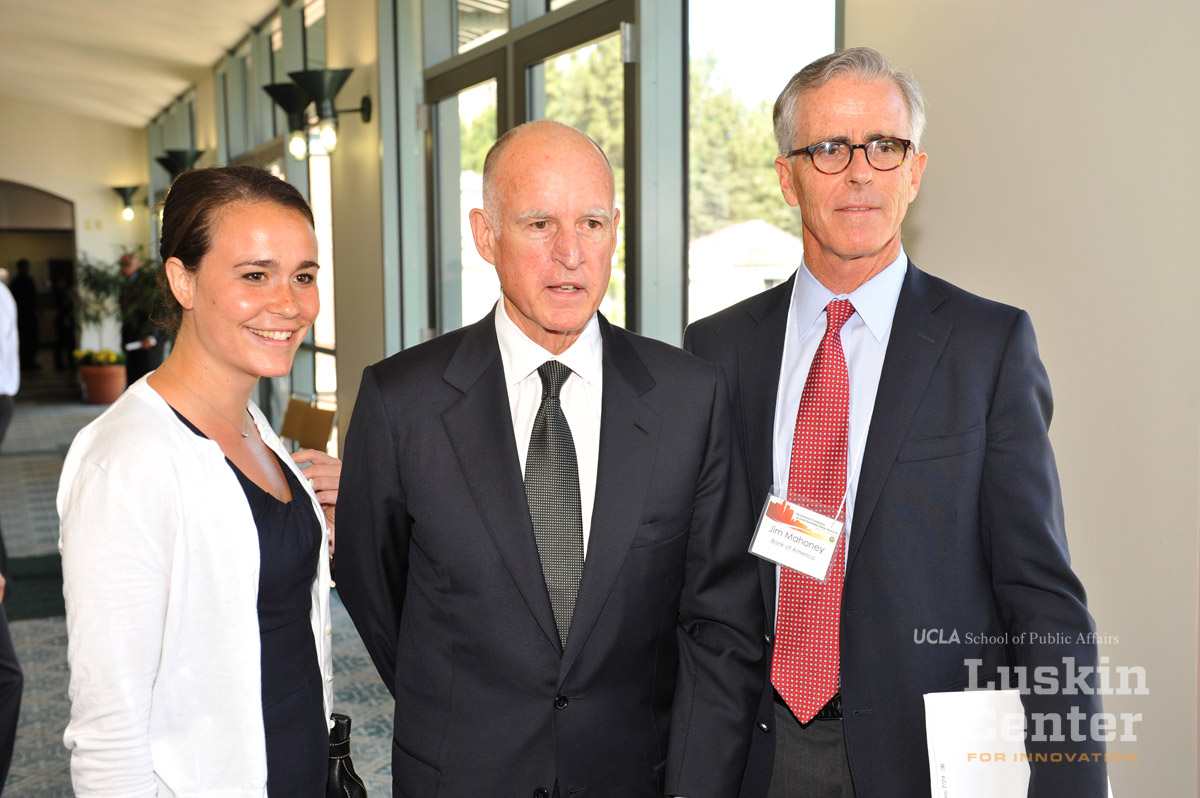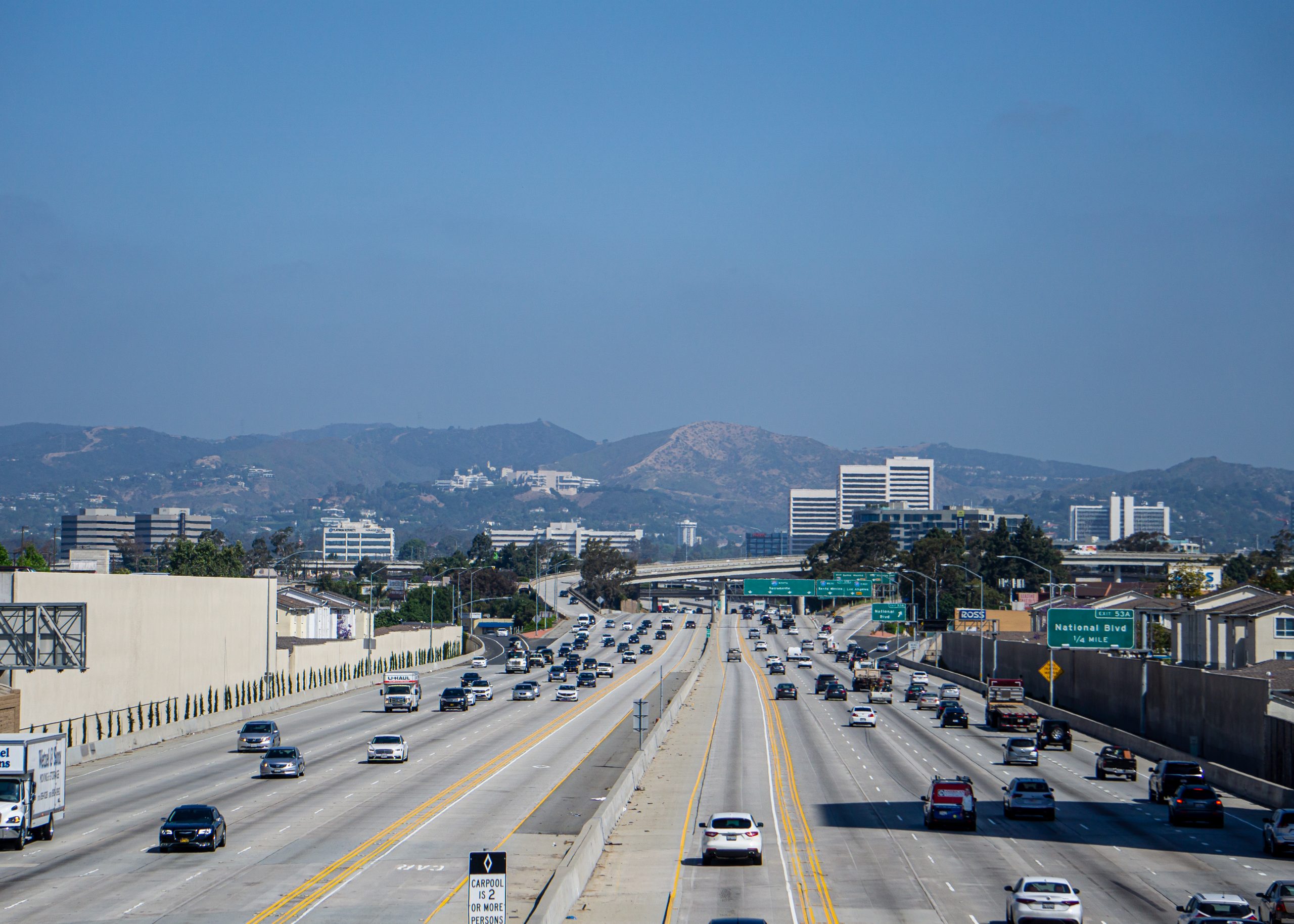Transportation
“Whole of Government” Climate Policy
We need the help of far-flung parts of the federal government to deal with climate.
President Biden will have to rely on administrative action to do much or all of the heavy lifting in climate policy. It’s clear that EPA has a central role to play in climate policy, but EPA does not stand alone. Other agencies also have important roles to play. Fortunately, the Biden transition team seems to …
Continue reading ” “Whole of Government” Climate Policy”
CONTINUE READINGPresident Biden & Climate Change: What’s Achievable?
Divided federal government might still allow possibility for meaningful action
With a victory in the presidential election, Joe Biden now faces a U.S. Senate that still hangs in the balance. But even with a Democratic runoff sweep in Georgia next month, it will be very divided. So what will be possible for a President Biden and his administration to achieve on climate change? Agency action, …
Continue reading “President Biden & Climate Change: What’s Achievable?”
CONTINUE READINGNewsom’s Gas Car Phaseout is a Big Step Forward for California
A long road ahead, but undoubtedly moving in the right direction
On Wednesday, Governor Newsom issued an executive order that, among other things, directed the California Air Resources Board to develop regulations moving the state to 100 percent zero-emission passenger vehicles by 2035. The order is a long way from taking effect–at a minimum, ARB’s rulemaking process will take many months, any regulations would involve a …
Continue reading “Newsom’s Gas Car Phaseout is a Big Step Forward for California”
CONTINUE READINGRebuilding Environmental Protection
It will take years to fully recover from the damage of the Trump era. We will need some new ideas.
After almost four years of Trump, federal environmental protection is in about the same shape as Western Europe at the end of World War II, filled with bomb craters and destruction. If the election turns out in Biden’s favor, he will be faced with the task of rebuilding from the smoking ruins. Here are some …
Continue reading “Rebuilding Environmental Protection”
CONTINUE READINGAutomakers Love to Use the Great Outdoors to Sell Cars That Pollute National Parks
Auto companies continue campaign against progress on vehicle pollution
At the top of Franklin Pass last week, 11,710 ft above sea level and deep in Sequoia National Park, I stopped to catch my breath. There’s no doubt the altitude was affecting me, but looking back towards the thick inversion layer sitting over the western San Joaquin Valley, I had to wonder to whether pollution …
CONTINUE READINGRIP Jim Mahoney, Climate Champion At Bank Of America
Financial executive helped launch UC Berkeley/UCLA Law “Climate Change and Business Initiative”
Jim Mahoney was perhaps an unlikely climate hero. A senior Bank of America and FleetBoston Financial executive for 25 years who tragically passed away this past weekend at the age of 67 (the result of complications from injuries he sustained in a bicycle accident last year), Jim’s work focused on global corporate strategy and public …
Continue reading “RIP Jim Mahoney, Climate Champion At Bank Of America”
CONTINUE READINGMembers of Congress Oppose Trump Administration’s Attempt to Revoke California’s Clean Car Standards
UCLA Law’s Frank G. Wells Environmental Law Clinic files a brief on behalf of 147 members of Congress in the D.C. Circuit
California has long led the fight against pollution from passenger vehicles, setting its first car emissions standards in 1966 before federal rules were established. After the Clean Air Act was passed in 1970, California retained authority to establish a series of more stringent vehicle emissions rules—with the most recent iteration of greenhouse gas emissions standards …
CONTINUE READINGFighting to Preserve California Vehicle Emission Standards
Ted Lamm and Sean Hecht Co-Author Amicus Brief on Behalf of National Parks Groups
Last week, Sean Hecht and I filed an amicus brief with the DC Circuit in the legal challenge to the Trump Administration’s attempt to eliminate California’s authority to apply its own automobile emission standards under the Clean Air Act. (We filed the brief in our individual capacities and not on behalf of our respective institutions.) …
Continue reading “Fighting to Preserve California Vehicle Emission Standards”
CONTINUE READINGHow Sustainable is the Electric Vehicle Battery Supply Chain?
New CLEE and NRGI “FAQ” released today addresses common misconceptions
Co-authored with Ted Lamm and Patrick Heller (advisor at the Natural Resource Governance Institute and a senior visiting fellow at CLEE) The global transition from fossil fuel-powered vehicles to electric vehicles (EVs) will require the production of hundreds of millions of batteries. The need for such a massive deployment raises questions from the general public …
Continue reading “How Sustainable is the Electric Vehicle Battery Supply Chain?”
CONTINUE READINGTransit-Oriented Development Shouldn’t Be A Coronavirus Casualty
California still needs more housing close to transit.
In recent weeks, California has emerged as one center of the COVID-19 pandemic, but it continues to face challenges that existed long before the disease reached the state. Two serious ones: how California will meet its ever more stringent greenhouse gas emission reduction targets, and how the state will manage to provide affordable housing for …
Continue reading “Transit-Oriented Development Shouldn’t Be A Coronavirus Casualty”
CONTINUE READING










